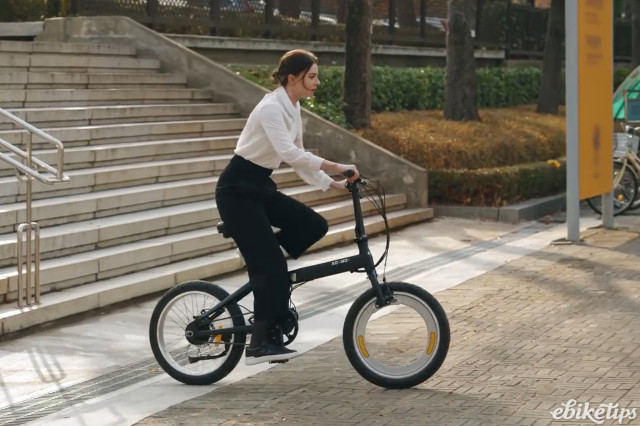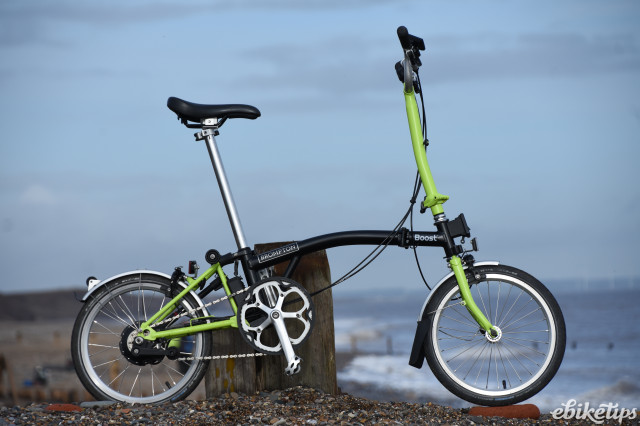The West of England Combined Authority’s (WECA’s) e-scooter trial is proving a “policing non-event” according to Avon & Somerset Constabulary’s traffic management unit boss. Richard McKiernan has gone so far as to proclaim himself “the biggest convert out of everybody” after anticipating that the force would have been, “mopping up pieces all over the place.”
In July last year, the ban on riding e-scooters on UK roads and cycle lanes was partially lifted to allow for trials of rented scooters covered by a motor vehicle insurance policy.
In October, Voi e-scooters became available to hire in Bath and Bristol for what will be a 12-month trial. Initially, just 100 e-scooters were made available in central Bristol and 50 in central Bath, but this is gradually increasing to 450 in Bristol and 100 in Bath with the trial area also expanding.
Bristol 24/7 reports that McKiernan had been hugely wary at the outset.
Speaking during a webinar on lessons learned during e-scooter trials, he said: “After 32 years as a police officer before I came into this role, I was as cynical as I could have got. I must admit my heart sank when I heard about the introduction of the trials.
“I thought, ‘That’s it, we’re going to end up with twisted metal and bodies scattered all over the highway and we would be mopping up pieces all over the place’. I am probably the biggest convert out of everybody.
“I have been massively reassured by the attitudes taken by Voi and the other companies and the local authority. This isn’t a money-making venture, this is really a case of getting it right, and that has been hugely beneficial.
“From a policing perspective, it has been a policing non-event, which is the best thing that could have come out of it from my perspective.”
He added that the only real issue that his force was facing was confusion with it still being illegal to use privately-owned e-scooters in public places.
“The biggest problem we’ve got in the rollout of trial scooters is that there will still be the ignorance of people who think they can use their privately owned scooter,” he said.
“So we’ve got that balance where there will be more scooters being used properly but there will probably be more scooters not being used properly, and a reluctance to go on the road.
“It may well be that we will be saying in consultation that there should be more cycle lanes so it’s safer and a more protected environment for cyclists. But we are fully supportive of the expansions, and if it stays like this then happy days.”
West of England mayor Tim Bowles told the meeting that 40 per cent of car journeys in the region were less than two kilometres and that e-scooters were a means of addressing this.
“We have always seen e-scooters as part of our longer-term actions to bring different options into play for people,” he said.
“We do not see these as toys or gimmicks. We see these as a vital way in which we integrate options to allow people either to replace those short journeys in their commute or to connect into other public transport.”
He continued: “They will never replace in some instances the need for car journeys and we are very sensible about that. We are not saying this is a magic silver bullet, but we are saying we have to provide that right mix of modes for people.”
Voi has been operating in the UK since the first e-scooter trial was launched in Northampton in September of last year. The firm now has hire schemes in a number of cities and in December raised £120m to fund further expansion.
Voi recently announced that its latest trial will get underway in Oxford next month, initially in the eastern suburb of Headington with plans to expand as the trial wears on.






